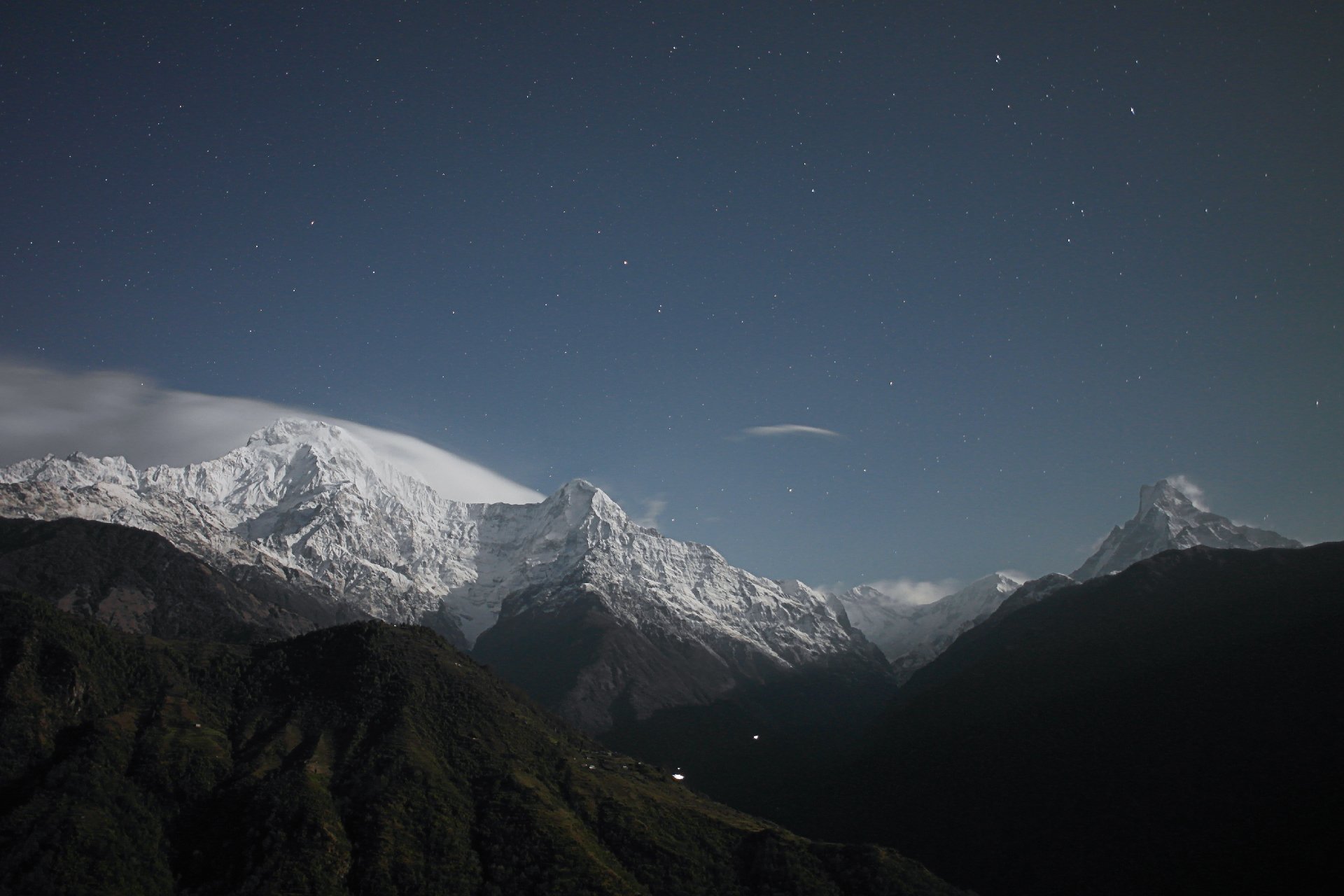Offline, for now
This site - and HollowHill.com (aka How To Find Ghosts) - are offline, for now.
If you'd like to know why, read my personal blog post.
This site - and HollowHill.com (aka How To Find Ghosts) - are offline, for now.
If you'd like to know why, read my personal blog post.
